Translate English To Arabic Audio

BeMultilingual

The Rising Demand to Translate English to Arabic Audio in Global Media
In today’s interconnected world, reaching audiences beyond your native language is no longer optional—it's essential. Businesses, YouTubers, and film/TV professionals are increasingly seeking to translate English to Arabic audio to tap into one of the fastest-growing markets in the world: the Arabic-speaking audience. With over 400 million Arabic speakers globally, the demand for localized audio content in Arabic is skyrocketing.
However, translating and dubbing English content into Arabic isn’t as simple as it may sound. Accurate translation, cultural nuances, and voice authenticity are crucial for delivering a seamless and professional experience. That’s where BeMultilingual comes in. Specializing in professional human dubbing and translation, BeMultilingual ensures your content resonates authentically with Arabic-speaking audiences.
This blog will cover:
Why translating English to Arabic audio is important for businesses and media professionals
Key challenges and solutions in English to Arabic audio translation
Best practices for professional dubbing and localization
How BeMultilingual can help you expand your reach with expert services
Let’s dive in.
Why Translating English to Arabic Audio Is Crucial for Business Growth
Expanding into the Arabic-speaking market offers immense opportunities. Here’s why translation and dubbing are essential:
Large Market Size
: Arabic is the fifth most spoken language in the world, with significant populations across the Middle East, North Africa, and the Arabian Peninsula.
Diverse Industries
: From e-learning and corporate training to entertainment and advertising, the demand for Arabic content spans multiple industries.
Cultural Relevance
: Arabic-speaking consumers prefer content in their native language. According to research, localized content can increase viewer engagement by up to 86%.
Economic Growth
: Many Arabic-speaking regions are experiencing rapid economic development, making them prime targets for business expansion.
When you translate English to Arabic audio professionally, you open doors to untapped audiences and markets.
The Complexities of Translating English to Arabic Audio
Translating audio from English to Arabic involves more than just linguistic accuracy. It requires understanding cultural subtleties and ensuring that the message remains impactful. Some common challenges include:
Dialects and Variations
: Arabic has numerous dialects. Choosing between Modern Standard Arabic (MSA) and regional dialects (Egyptian, Levantine, Gulf, etc.) depends on your target audience.
Voice Tone and Emotion
: Arabic is a rich and expressive language. Matching the tone, pace, and emotion of the original English audio requires skilled voice actors.
Cultural Sensitivity
: Certain phrases, humor, or references in English may not translate well into Arabic. Cultural adaptation is essential for ensuring relevance.
Technical Considerations
: Syncing lip movements, timing voice-overs accurately, and maintaining audio quality are critical for professional results.
Partnering with experts like BeMultilingual ensures these complexities are managed with precision.
Professional Dubbing vs. AI Translation: Why Human Expertise Matters
Many businesses are tempted to use AI-based translation tools for dubbing their content. While AI offers speed, it lacks the human touch that makes content feel authentic and relatable. Here’s why human dubbing outperforms AI:
Accuracy
: Professional human translators capture idiomatic expressions and cultural nuances better than AI.
Emotional Connection
: Voice actors convey emotion and tone, enhancing the viewer’s experience.
Quality Control
: Human experts review and fine-tune the audio to ensure it meets professional standards.
Consistency
: Maintaining consistent voice quality and tone across various projects builds brand trust.
BeMultilingual offers human dubbing services that prioritize quality, authenticity, and cultural relevance.
How to Translate English to Arabic Audio: Step-by-Step Guide
If you’re considering translating your English content into Arabic, here’s a step-by-step guide to the process:
Content Analysis
: Understand the purpose of your content and identify your target Arabic-speaking audience.
Dialect Selection
: Choose the appropriate dialect based on your audience’s location and preferences.
Script Translation
: Professional translators convert your English script into Arabic, ensuring accuracy and cultural appropriateness.
Voice Casting
: Select voice actors who match the tone and style of your original content.
Recording and Dubbing
: Professional studios record the Arabic audio, syncing it with the visuals or existing content.
Editing and Mixing
: The audio is edited and mixed to ensure clarity, synchronization, and quality.
Quality Assurance
: Final reviews ensure the translation and dubbing meet high standards before distribution.
BeMultilingual handles each step of this process with a focus on quality and authenticity.
Why Modern Standard Arabic (MSA) Is Often the Best Choice
When translating English to Arabic audio, many professionals choose Modern Standard Arabic. Here’s why:
Universal Understanding
: MSA is understood by Arabic speakers across different regions, making it a versatile choice.
Formal Tone
: Suitable for business, education, and formal content.
Consistency
: Using MSA ensures uniformity, especially for audiences spread across multiple countries.
However, for entertainment or informal content, regional dialects may offer better audience engagement. BeMultilingual helps you decide the best approach for your specific project.
Industries That Benefit from English to Arabic Audio Translation
1. Film and TV
Arabic dubbing allows international films and TV shows to reach millions of new viewers. BeMultilingual Film and TV specializes in high-quality dubbing for:
Documentaries
TV series
Feature films
Animation
2. YouTube and Digital Content
YouTube creators and businesses can increase viewership by offering Arabic versions of their content. Professional dubbing enhances:
Video tutorials
Product reviews
Educational content
Entertainment videos
3. Corporate Training and E-Learning
Businesses providing training materials or e-learning courses gain wider accessibility by translating them into Arabic. This includes:
Employee onboarding
Compliance training
Professional development courses
4. Marketing and Advertising
Localized Arabic audio in ads boosts engagement and conversion rates in Arabic-speaking markets. It ensures your message is culturally relevant and impactful.
Tips for High-Quality English to Arabic Audio Translation
Work with Native Speakers
: Always choose native Arabic translators and voice actors.
Understand the Target Audience
: Adapt the content to cultural norms and preferences.
Prioritize Audio Quality
: Invest in professional recording and editing for the best sound quality.
Review and Revise
: Ensure multiple rounds of quality checks for accurate and polished results.
Partner with Experts
: Choose experienced providers like
for reliable and high-quality services.
Common Mistakes to Avoid in English to Arabic Audio Translation
Ignoring Dialect Differences
: Using the wrong dialect can alienate your audience.
Relying Solely on AI Tools
: Automated translations often miss nuances and context.
Poor Voice Actor Selection
: Inconsistent or inappropriate voices can reduce viewer trust.
Overlooking Cultural Sensitivities
: Direct translations without localization can lead to misunderstandings.
BeMultilingual ensures your project avoids these pitfalls by offering tailored, professional dubbing services.
Frequently Asked Questions (FAQs)
What’s the difference between translation and dubbing?
Translation
converts the script from English to Arabic.
Dubbing
involves recording new voice-over audio in Arabic, synced to the video.
How long does it take to translate English to Arabic audio?
The timeline depends on the length and complexity of the content. BeMultilingual provides accurate time estimates after reviewing your project.
What dialect of Arabic should I use?
Modern Standard Arabic works well for general audiences. For regional content, dialects like Egyptian, Levantine, or Gulf Arabic may be better. BeMultilingual can help you choose.
How much does professional English to Arabic audio translation cost?
Costs vary based on factors like content length, complexity, and voice talent. BeMultilingual Contact us for a personalized quote.
Can BeMultilingual handle large-scale projects?
Yes! BeMultilingual has the expertise and resources to manage projects of any size, ensuring consistent quality and timely delivery.
Partner with BeMultilingual for Expert English to Arabic Audio Translation
Translating English to Arabic audio is a powerful way to expand your reach and connect with new audiences. Whether you’re in business, YouTube, or film and TV, professional dubbing ensures your message resonates authentically with Arabic-speaking audiences.
BeMultilingual provides top-tier multilingual dubbing and localization services. Their team of expert translators, voice actors, and audio engineers deliver high-quality results tailored to your needs.
Ready to translate your English content into Arabic? Contact BeMultilingual today to learn how their services can help you succeed in Arabic-speaking markets.
Read More
YouTube Auto Dubbing: 2025 Review & More
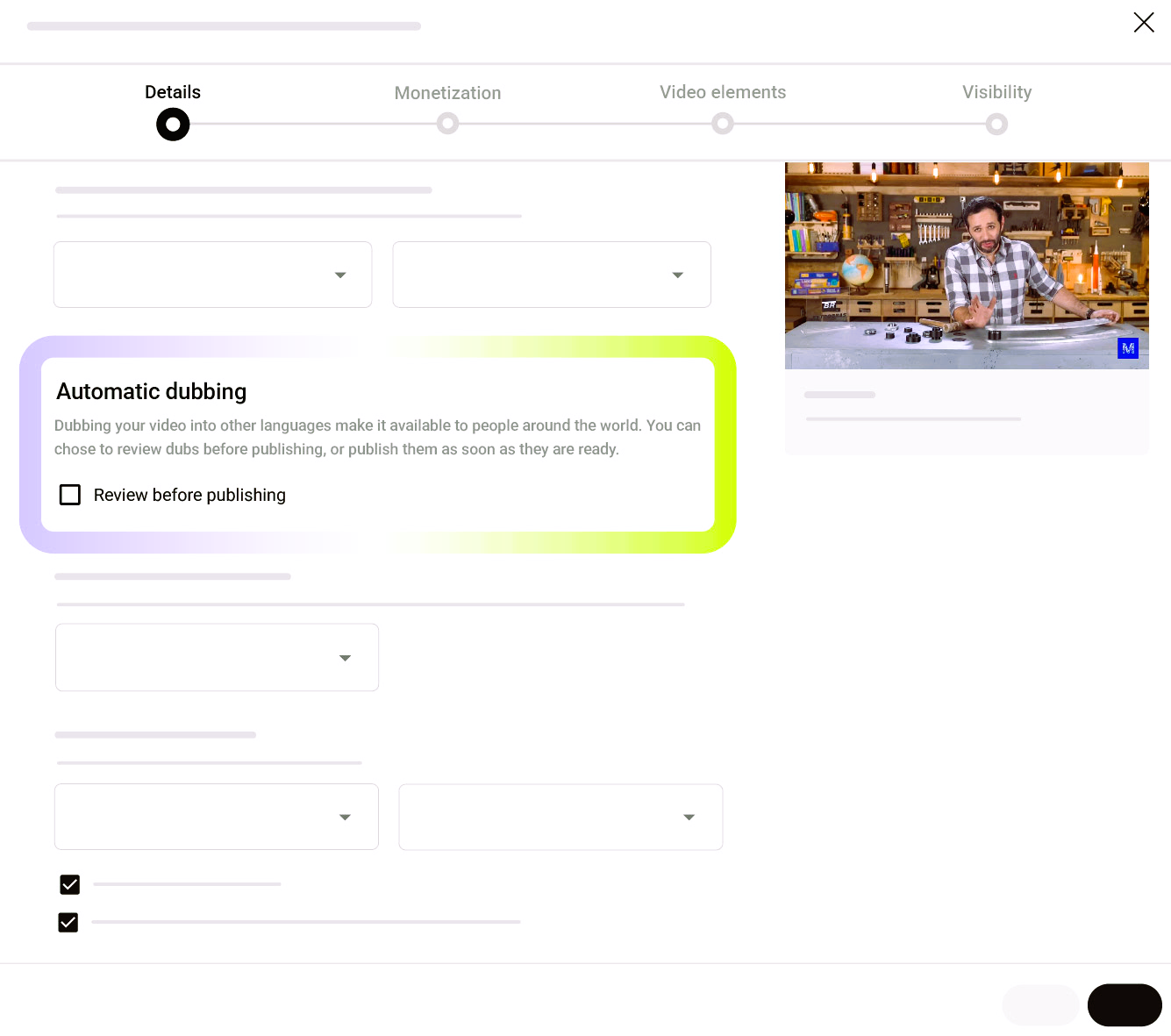
BeMultilingual Dubs Viral Animated Series Pilot Episode for Glitch Productions
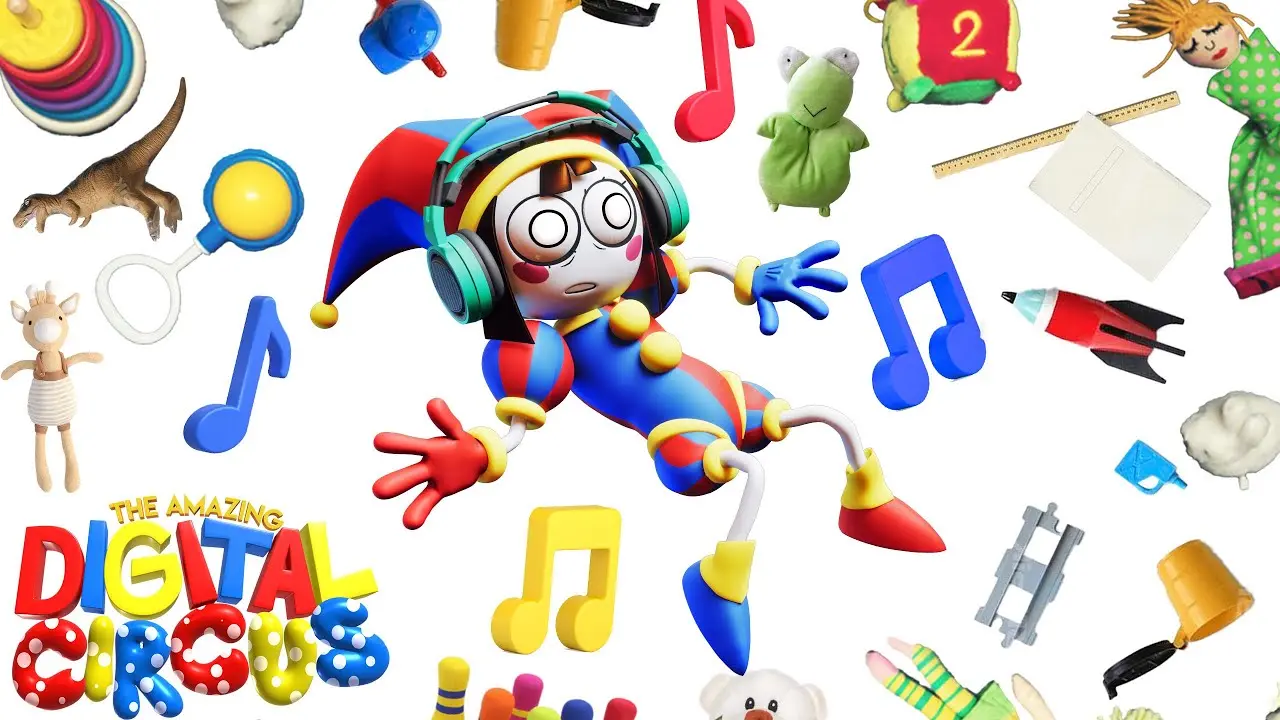
How Mr. Beast Consistently Gets 100M Views

How To Dub YouTube Videos
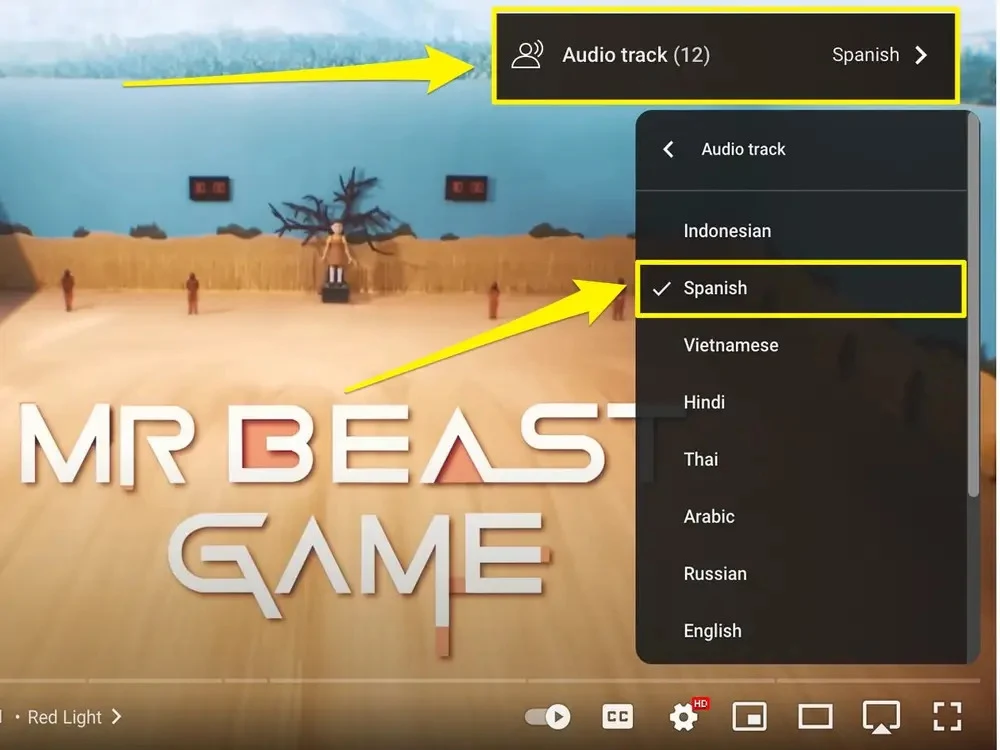
How To Access & Use YouTube's Multi-Language Audio Feature
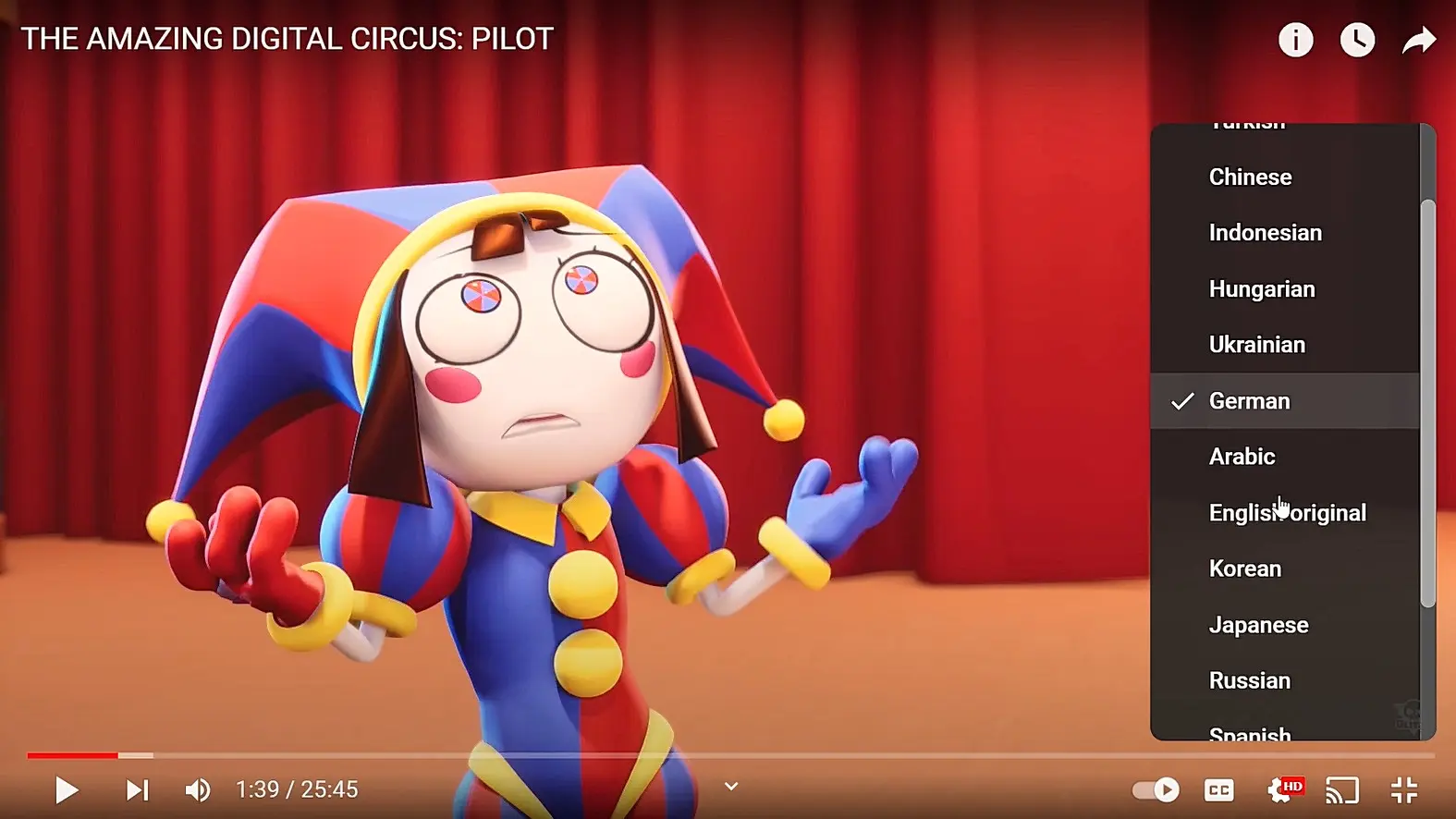
7 Best Dubbing Companies & Dubbing Services Worldwide

YouTube Multi-Language Audio: What It Is & How to Use It
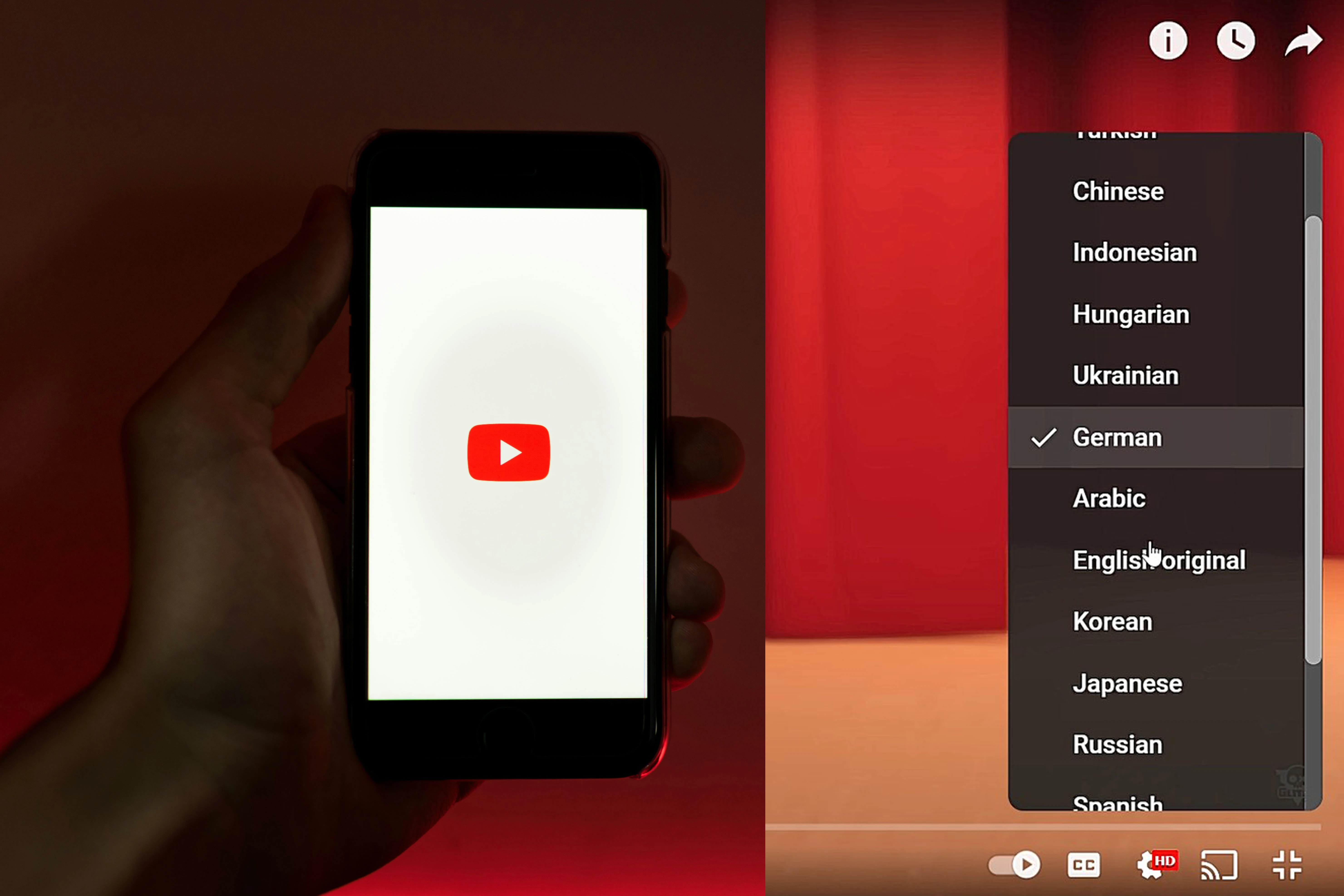
What Are The Most Popular Languages on YouTube?
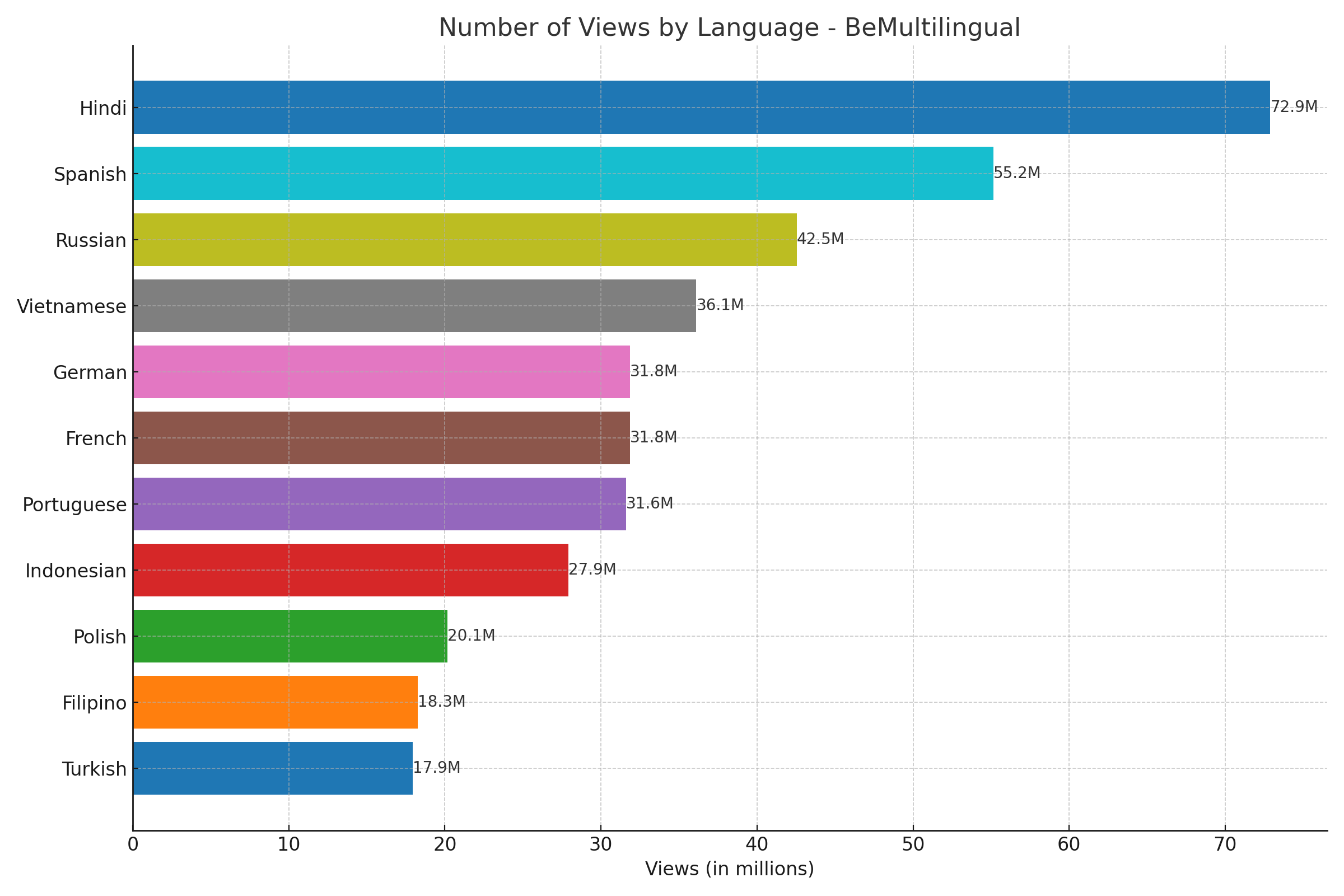
Dubbing YouTube Channel: Full Guide To Dub YouTube Videos
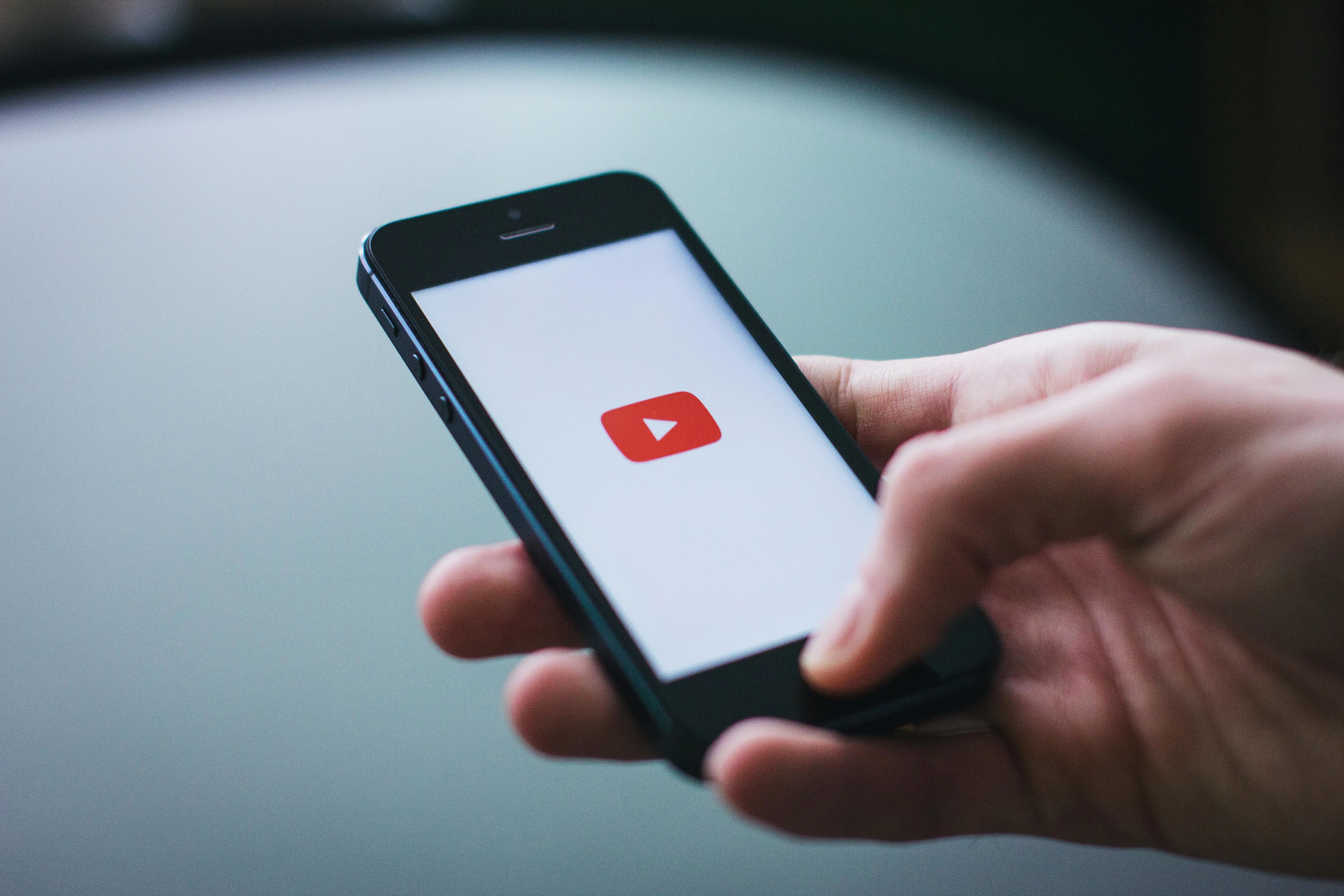
Going From 0 to 10 Million Views per Month

How MrBeast Used Dubbed Audio Tracks To Skyrocket Views
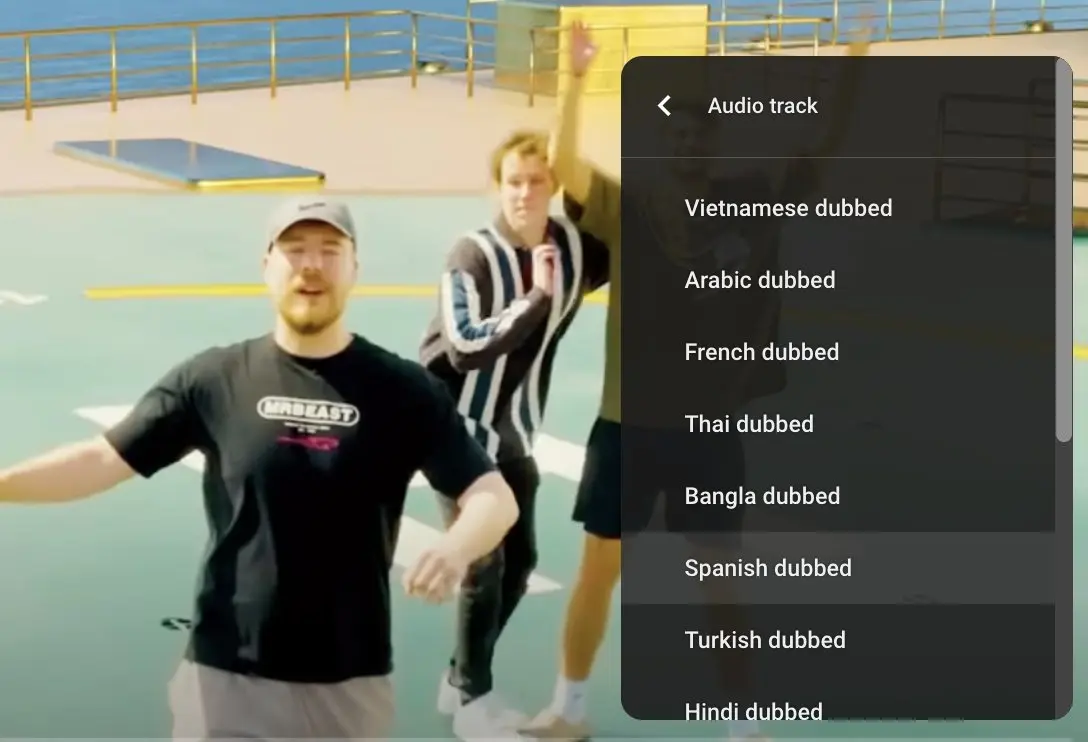
Why Video Dubbing is Becoming the New YouTube Meta

MrBeast Dubbing: Revolutionizing Global Content Reach

Dubbing Companies: Elevate Your Content for Global Audiences

Iyuno Dubbing: Elevating Global Content Through Professional Localization

Dub Over

VSI Dubbing: Professional Multilingual Localization for Global Audiences

ElevenLabs Dubbing

Zoo Dubbing: Elevating Global Content Through Professional Localization

What Is Dubbing In Videos: A Comprehensive Guide for Content Creators

How Does Video Dubbing Work

Why Is Dubbing Important For YouTube Videos

Is Dubbing Better Than Using Subtitles

Subtitling Service: Enhancing Global Reach and Accessibility

How Much Does It Cost To Dub A Video

What Factors Affect the Cost of Video Dubbing

Is Dubbing Worth the Investment for My YouTube Channel?

Can Dubbing Help Grow My YouTube Audience

How Does Dubbing Videos Increase International Views

What Languages Should I Dub My Videos Into

Which Countries Have the Largest Audiences for Dubbed Content

Voice Over Service: Elevate Your Content with Professional Dubbing

Localization Service

How Do I Dub My YouTube Videos Into Another Language

What Tools or Software Are Used for Video Dubbing

How Do I Find Voice Actors For Video Dubbing

Translate English To Urdu Audio

Translate English To Ukrainian Audio

How Long Does It Take to Dub a Video

Translate English To Turkish Audio

Translate English To Thai Audio

Translate English To Spanish Audio

Translate English To Russian Audio

What Makes A Good Dubbing Service

Translate English To Portuguese Audio

Translate English To Polish Audio

How Do I Choose A Dubbing Company For My YouTube Channel

Can Dubbing Affect the Quality of My Video Content?

Does Dubbing Help With YouTube SEO?

Translate English To Korean Audio

Translate English To Japanese Audio

How Does Dubbing Videos Impact My YouTube Rankings

Translate English To Italian Audio

Can Dubbed Videos Attract International Advertisers or Sponsors?

Translate English To Indonesian Audio

How Do I Make My Videos Culturally Relevant in Other Languages

What Should I Consider When Translating Jokes or Idioms in Dubbing

Translate English To Hungarian Audio

Can Dubbing Change the Tone or Intent of My Content

Translate English To Hindi Audio

Is It Legal To Dub Someone Else's YouTube Videos

Translate English To German Audio

Do I Own the Rights to My Dubbed Content?

Translate English To French Audio

Translate English To Filipino Audio

How Do I Ensure Accurate Copyright Attribution in Dubbed Videos

How Can I Start Dubbing My YouTube Channel

Can I Dub Old Videos On My YouTube Channel

What's the Best Way to Test If Dubbing Will Work for My Audience?

Which Languages Are Easiest To Dub Into

What Are The Most Popular Languages For Dubbing YouTube Videos

Can I Dub My Videos Into Multiple Languages At Once

Where Can I Find Professional Video Dubbing Services

What Are The Best Companies For Dubbing YouTube Videos

Are There Affordable Dubbing Services for Small Creators?

Dubbing Companies In USA

Dubbing Companies In Mexico

Dubbing Companies In China

Dubbing Companies in Netherlands

Dubbing Companies In Philippines

Dubbing Companies In France

Dubbing Companies in Germany

Dubbing Companies In India

Dubbing Companies In Hungary

Dubbing Companies In Indonesia

Dubbing Companies In Italy

Dubbing Companies In Japan

Dubbing Companies In South Korea

Dubbing Companies In Poland

Dubbing Companies In Brazil

Dubbing Companies in Russia

Dubbing Companies in Spain

Dubbing Companies In Thailand

Dubbing Companies In Turkey

Dubbing Companies In Ukraine

Dubbing Companies In Pakistan

Dubbing Companies In Vietnam

Dubbing Companies In Canada

How To Translate Language On YouTube

Double Audio YouTube Video

 BeMultilingualContact →
BeMultilingualContact →